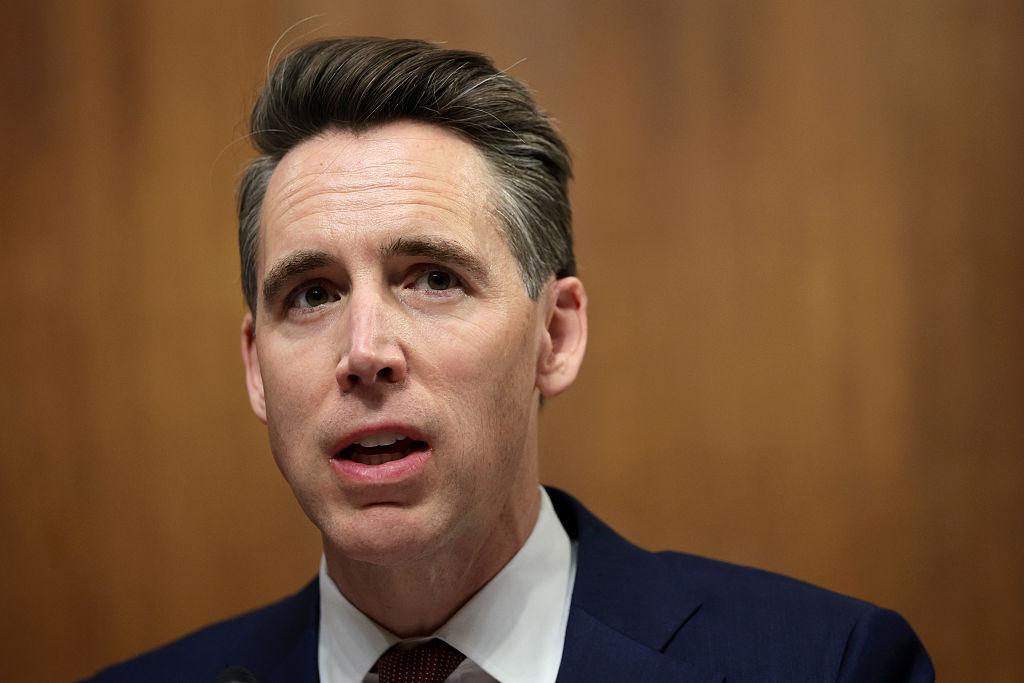The ‘antitrust’ law suit launched by US authorities against Google has been reported as a potential turning point in the dominance of Big Tech — and an echo of the courtroom dramas that diminished the excessive power of America’s late 19th-century oil, steel and railroad barons. But I wonder how much impact it will really have.
The allegation, in brief, is that Google has created an illegal near-monopoly by paying large sums to Apple and other smartphone makers to secure its position as the default search engine for billions of consumers, its grip reinforced by ownership of Android, the phone operating system, and Chrome, the popular browser — all of which also gives it a stranglehold on the digital advertising market. But like the battle a generation ago to diminish the alleged monopoly of Microsoft in the PC market, this one will run for years and enrich armies of lawyers, and most likely end in a fudged settlement.
Even if Google is eventually forced to divest itself of Android — as proponents of the action hope — that’s unlikely to change the habit of a generation of consumers for whom ‘google’ is a verb that (unlike the names of Facebook and Amazon, for example) carries few negative connotations. What’s more, the mass of US investors whose wealth has been bolstered by the stellar share performance of Google’s parent company Alphabet and its peers are likely to see government-led attacks on big tech as a political distraction from more urgent economic threats.
So I have some sympathy with former Google chief Eric Schmidt, who says the antitrust case is misguided, pointing out that ‘there’s a difference between dominance and excellence’. What matters more is that Big Tech should be forced to pay fair taxes on profits wherever they arise around the world; and that the giants should play a positive role as incubators of next-generation minnows. When one of those innovators comes up with a better search engine, technological Darwinism will ensure that it overtakes — just as Google saw off Yahoo long ago. But I predict the next winner won’t be Bing, the Microsoft search alternative that Schmidt cites as a ‘ruthless’ competitor. My own laptop recently started jumping repeatedly of its own accord from Google to Bing, and it’s nothing but an inferior nuisance.
[special_offer]
Red flags ignored
The striking feature of Goldman Sachs’s involvement in Malaysia’s 1MDB scandal — for which the US investment bank has agreed a $2.9 billion settlement with the Department of Justice and New York regulators — is the extent to which warnings from its own compliance officers were ignored or circumvented. 1MDB was a state development fund that became a honeypot for the outrageous lifestyles of the playboy financier Jho Low, who’s still on the run, and the family of prime minister Najib Razak, who’s now serving a 12-year jail term. Goldman is alleged to have joined with Low in paying bribes to win mandates for the fund’s bond issues that earned $600 million in fees — long after its own compliance unit had declared Low ‘a name to be avoided’ and tried to put a stop on dealings with him. The frontline bankers’ response was simply to restructure their deals and rewrite their reports to disguise his involvement.
Goldman chief executive David Solomon has admitted his bank ‘did not adequately address red flags’. There’s an echo here of the sad story of Paul Moore, who died last month: he was the HBoS risk officer turned whistleblower who found himself treated like ‘toxic waste’ — and sacked — when he argued in 2004 that the high-street bank’s aggressive lending policies would lead to disaster, as they duly did. The moral is that in a well-run bank there’s always tension between the risk monitors and the dealmakers, but wise bosses should strike a balance. In bad banks, the compliance function is dismissed and outflanked as an impediment to bonus-hunting — or worse, coerced into silence — and grief inevitably follows.
This article was originally published in The Spectator’s UK magazine. Subscribe to the US edition here.

























